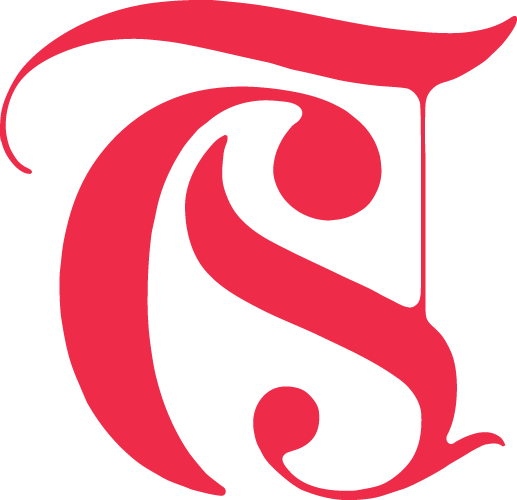The Chelsea Symphony's 2016-17 season “Flight Paths” features music written by composers who have visited or immigrated to the United States of America. Our programming this year celebrates the diversity of musicians who have been inspired by, and made their mark on, this land we call home.
Some pieces throughout the season ring with familiarity in accordance with this theme, such as Dvorak's Ninth Symphony in our March series. No explanation is necessary for this work, also known as "From the New World," with the beautiful "Going Home" melody from the second movement. Other connections can be seen after taking a step back to consider the effort of interconnectedness before technology. For example, we feature Mahler's Symphony No. 4 in our October series - the epic symphony was not written with a narrative that ties to America but Mahler was a conductor for the New York Philharmonic from 1909 to shortly before his death in 1911. Though his tenure was relatively brief, his legacy remains. As we move through the year, we look forward to discussing our programmatic selections from the musical canon, the people who wrote the music, the arcs that define and connect us, and the choices that define our sense of place.
We kick off our season premiere series on September 9 and 10 at St. Paul's Church with selections from Chinese Folk Songs by Zhou Long and close both concerts with the gripping Fourth Symphony by Tchaikovsky. Rachel Seiden makes her TCS solo debut on September 9 on the Strauss Oboe Concerto and Erich Schoen-René returns to the stage as solo cello in Elgar's expressive concerto on September 10. We are led by TCS conductor Reuben Blundell and Artistic Director Matthew Aubin on the podium.
Pulitzer Prize-winning composer Zhou Long first came to the U.S. in the mid-1980s to attend Columbia University after establishing himself in his native China. Now a citizen, his music establishes intersections between the East and West to form a musical language of its own. Zhou draws on Chinese poetry and traditional melodies to create a sense of "otherworldliness" in this work.
Although neither Elgar nor Strauss fit the visitor or immigrant part of our theme, the cello and oboe concerti, respectively, are mainstays of each instrument's repertoire and share intersections with seminal points in world history. Elgar's concerto was written in the aftermath of WWI and is known for its "contemplative and elegiac" qualities. This highly lyrical piece presents a pared down style from his pre-war compositions. After suffering through war and illness, it is as if the music is Elgar's mourning of the irreparable damage caused by the Great War.
As the stories go, an American army unit was in Garmisch (Bavaria, near the Austrian border) in 1945 when they came across a man who identified himself with "I am Richard Strauss, the composer of Rosenkavalier and Salome." The then-24-year-old John de Lancie was in that unit, an oboist with the Pittsburgh Symphony under Reiner before joining up. He asked Strauss if he had ever considered writing an oboe concerto, to which the composer said, simply, "no." Six months later, the war was over and an oboe concerto had materialized, much to the surprise of de Lancie. Strauss gave the rights to the U.S. premiere to de Lancie but circumstances prohibited him from fulfilling this particular destiny. De Lancie also commissioned Jean Francaix's "L'horloge de flor" which TCS will present in October with oboist Emily DiAngelo.
Tchaikovsky made only one journey across the Atlantic in the spring of 1891 to visit the United States. The trip was at the behest of a Scottish American steel industrialist for the opening of a new Music Hall in New York City. It was renamed in 1894 and is now known as our beloved institution, Carnegie Hall. From their archives:
"The Russian composer loved traveling, and the lure of the New World was exciting for him. He had a small notebook that he titled 'Trip to America,' which was found in one of his suit pockets after he died. On the first page, he wrote, 'Things to ask. Is it safe to drink the water in America? What kind of cigarettes do men smoke in New York City? What kind of hats do they wear? Can I get my laundry done there? Check acoustics of the new music hall.'"
The Fourth Symphony made its U.S. premiere just the year before, in 1890, to negative reviews. It may be surprising to modern listeners that the piece had in fact been reviled by both audiences and press at all of its early concerts. Now an oft-performed and esteemed piece in four gripping movements, the opening fanfare was described by the composer as a metaphor for "Fate." This work covers grief, melancholy, Russian folk song, and the restlessness of his time, emotions that echo into the present day.
Join us for the opening series of our 2016-17 season! Tickets are available now on Eventbrite for both concerts for $25 unassigned seats in premium reserved areas. General admission tickets will also be available at the door for a suggested $20 donation.
